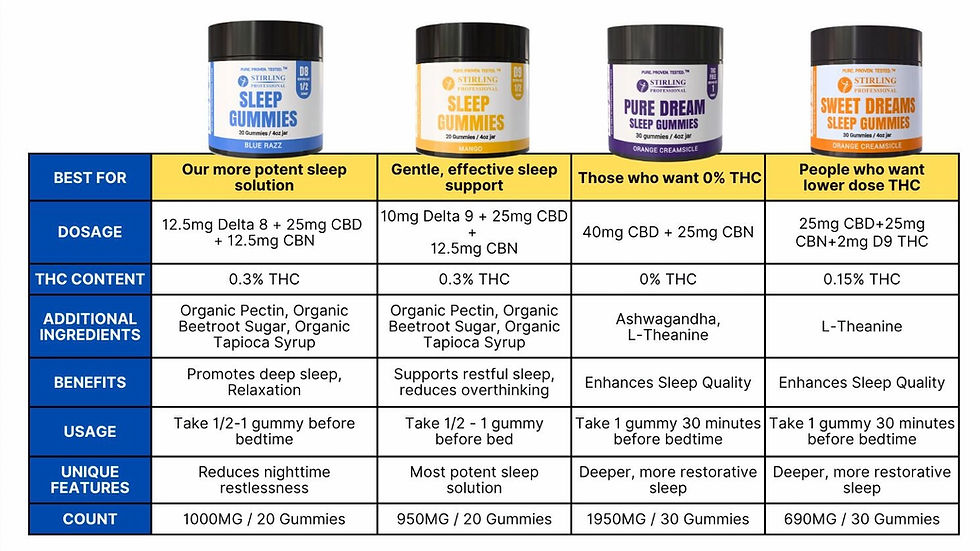Health and Beauty Tips for your Skin
- drlindaberry
- Apr 15, 2024
- 2 min read
Dear reader
Summer is coming, and it's a good time to re-evaluate your skincare routine. This week's blog features a great article about implementing dietary approaches for skin health by dietitian Shelley Rael, MS, RDN.
It is well known that nutrition influences multiple body systems, including the gastrointestinal tract, cardiovascular system, and endocrine system. However, despite the popularity of collagen supplements, in clinical practice, nutrition is sometimes overlooked as a factor in skin health. It is also uncommon for people to inquire about this connection, much less understand the impact their overall diet can have on skin health.
The Nutrition and Skin Health Connection
A growing body of research supports the conclusion that plant-based or plant-focused diets provide plenty of nutrients (including antioxidants and phytochemicals) to help with overall health and potentially slow the aging of our bodies, including our skin.
However, a plant-predominant diet can help more than just the appearance of fine lines and wrinkles; it also addresses the dark spots and even the “support structure,” aka collagen. Nutrient-rich foods can contribute to healthy skin.

Practical Tips
Hydration: Properly hydrate for overall health and to help maintain skin moisture and minimize dryness. Make sure to hydrate appropriately – enough, but not too much, usually best assessed with urine color (light vs. dark) instead of ounces.
Colorful Fruits and Vegetables: Consume a variety of fruits and vegetables (including white and brown) to support skin health. Colorful fruits and vegetables provide antioxidants, vitamins, and minerals, including vitamin C which is critical for collagen production and zinc to help with wound healing.
Healthy Fats: Incorporate sources of unsaturated fats, including omega-3 fatty acids like salmon, flax seeds, and walnuts, to help keep the skin in good condition and minimize inflammation.
Protein Foods: Expand protein foods for all meals beyond meat, poultry, eggs, and fish to also include plant sources of protein such as tofu, nuts, seeds, and legumes. Proteins are the building blocks for skin and collagen and contribute to helping with the continuous turnover of skin cells.
Minimize Added Sugar and Solid Fats: Added sugars and solid fats can increase inflammation and may accelerate aging in the body, affecting skin health, especially if consumed in excess.
If you want optimal skin health and are aiming to minimize the signs of aging, I encourage healthier eating, which also positively affects your overall health as an added benefit. Incorporating a variety of foods from all food groups can help patients make sustainable changes for healthy skin.
Thanks to Shelley Rael for that article. If you would like to dive deeper into strategies for skin beauty check out my 16-page PDF to explore do-it-yourself beauty options, Face and Skin Rejuvenation. As a bonus, you will discover even more recommended resources for radiant skin!
As always... here's to your best health!
Dr. Linda
FUN FACT
Not only does your skin play a role in your immune function but it also acts as a personal thermostat through a process known as thermoregulation.
Dr. Linda Berry Healing Arts Chiropractic Nutrition Trauma Healing
Please note: This information is for educational purposes only and is not intended as a substitute for medical care. Always consult with your healthcare provider for advice before you begin taking new supplements. You are responsible for all of the health choices you make.




Comments